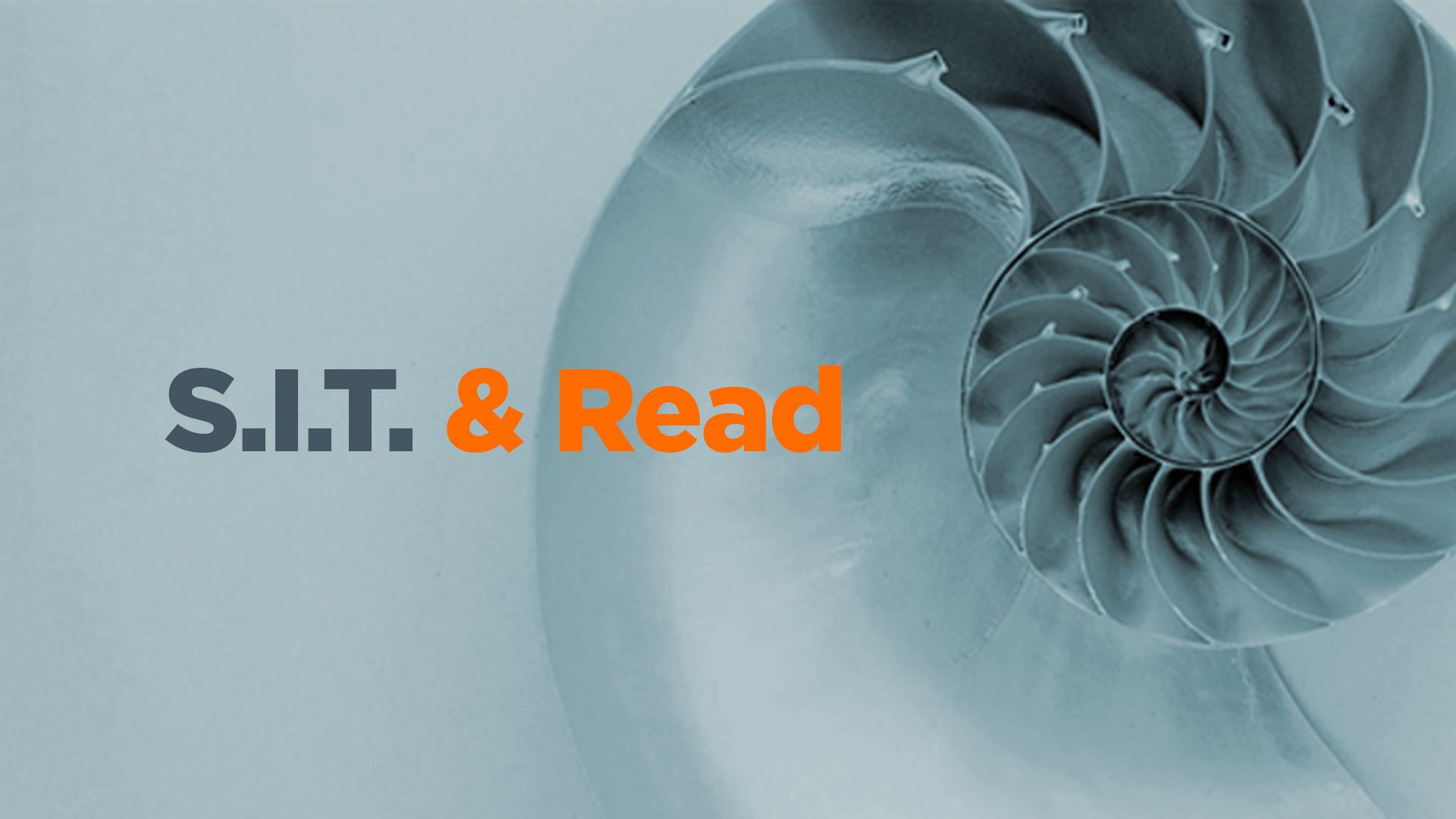Giving your employees a voice in matters boosts their
creativity. New research shows that,
over time, procedural fairness (giving people the opportunity to express their
views) has a positive maintaining effect on creativity whereas stifling their views
decreases creativity.
Bernhard
Streicher* and his colleagues assigned twenty three University students randomly to one of two groups: treated fairly (getting a chance to voice their ideas) or treated unfairly (not given a chance to express themselves). Students were given a different creativity task over four successive weeks. They were told that a committee would rate their results. After the completing each of the tasks, the students in the “fair group” were given the opportunity to explain their ideas and that the committee would consider this information in the evaluation. The “unfair group” was not given this opportunity. Ideas from both groups were evaluated and scored (blinded) using standard assessment techniques.
Over the four weeks of the study, students in the fair group maintained their creative output while students in the unfair group declined. Interestingly, there was no difference in creativity between the groups in week one. Over time, however, the effect of fairness kicked in.
For leaders of innovation teams, letting your employees express themselves helps maintain a culture of innovation. But the key is to be consistent over time. Don’t let distractions or a crisis cause you to change the rules. Give them a chance to speak about anything related to the innovation challenges you face: focus, methodology, budget allocation, team formation, and so on. But most importantly, as the study points out, let them speak about the nature and value of their own ideas.
*Berhard Streicher, Eva Jones, Günter W. Maier, Dieter Frey, and Anneliese Spießberger, “Procedural Fairness and Creativity: Does Voice Maintain People’s Creative Vein Over Time?” Creativity Research Journal, 24(4) (2012): 358-363.
